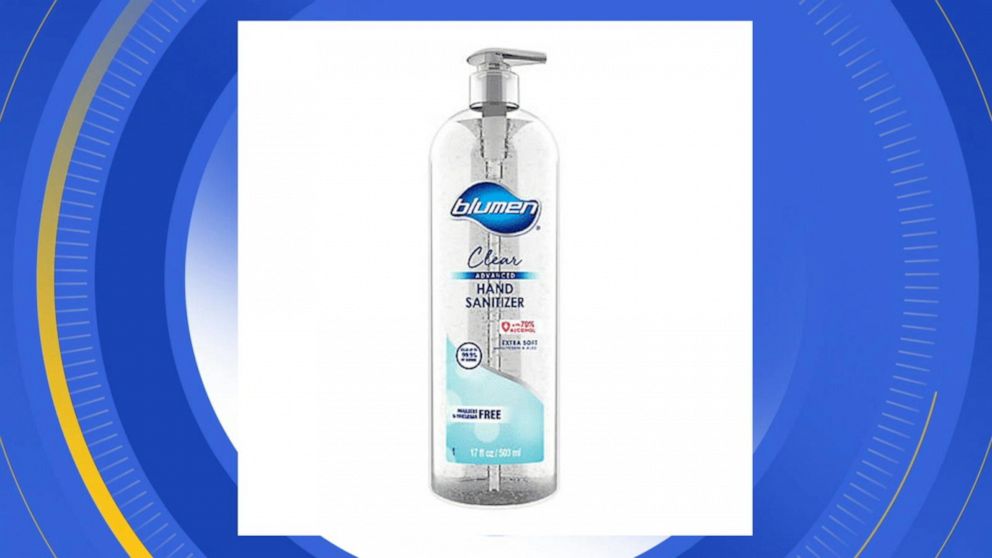
Hand sanitizers are potentially toxic from methanol.
The United States Food and Drug Administration (FDA) has expanded its list of hand sanitizers to avoid them due to possible hand hazards.
The agency recently added dozens of products to the list over concerns about methanol contamination.
“That should never be in a hand sanitizer,” ABC News chief medical correspondent Dr. Jennifer Ashton said of methanol. “Its absorption can produce toxic and, in some cases, fatal results.”
The FDA now lists 59 different brands of hand sanitizer to avoid, many of them under the Blumen brand, some of which were sold at large retailer BJ’s. In some cases, the brand has already been withdrawn from the market.
The disinfectants listed by the FDA have been tested to contain methanol or have been manufactured in facilities where other products have been contaminated.
Methanol, a colorless liquid, can be absorbed into the body by inhalation, ingestion, skin contact, or eye contact, according to the U.S. Centers for Disease Control and Prevention (CDC).
Initial symptoms of methanol poisoning may include headache, nausea, and dizziness in the hours immediately following exposure. The most serious symptoms that can develop include blindness and, in some cases, death, according to Ashton.
The FDA recommends that people wash their hands first and only use hand sanitizers if soap and water are not available.
If hand sanitizers are used, the CDC recommends that consumers use an alcohol-based hand sanitizer that contains at least 60% ethanol (also known as ethyl alcohol).
Consumers should also be careful with hand sanitizers marked as FDA approved because the FDA does not approve hand sanitizers, according to the agency.
.